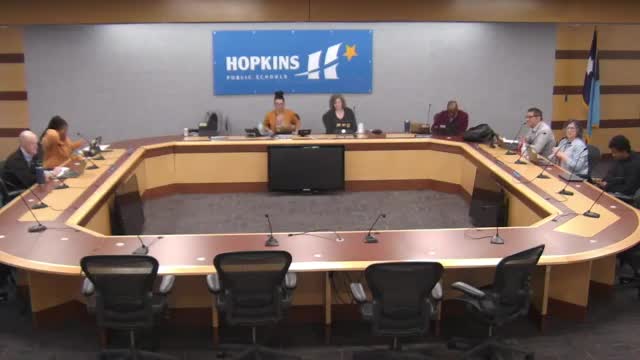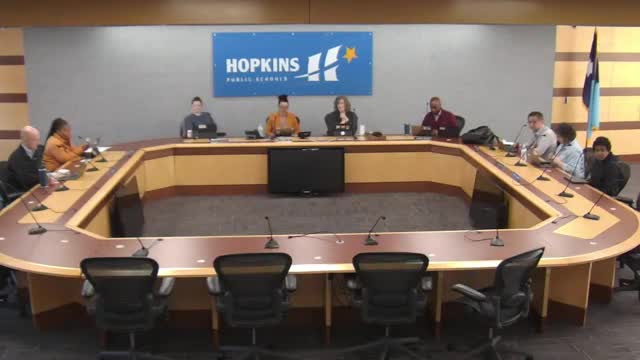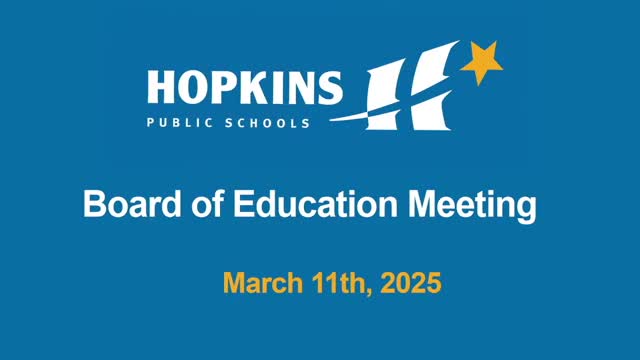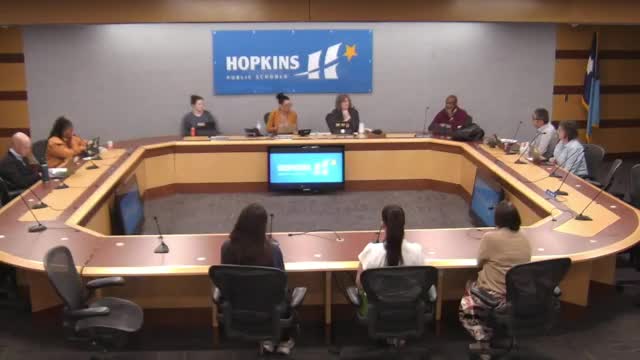Article not found
This article is no longer available. But don't worry—we've gathered other articles that discuss the same topic.

Board hears timeline, community input plan for November bond referendum

Hopkins workshop explores sponsorships, EV chargers and naming rights to raise revenue

Hopkins reviews special education services, staffing and budget gap at March workshop

